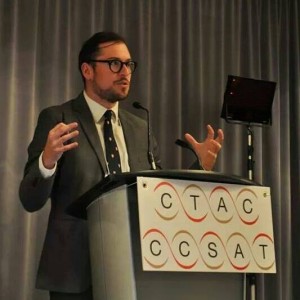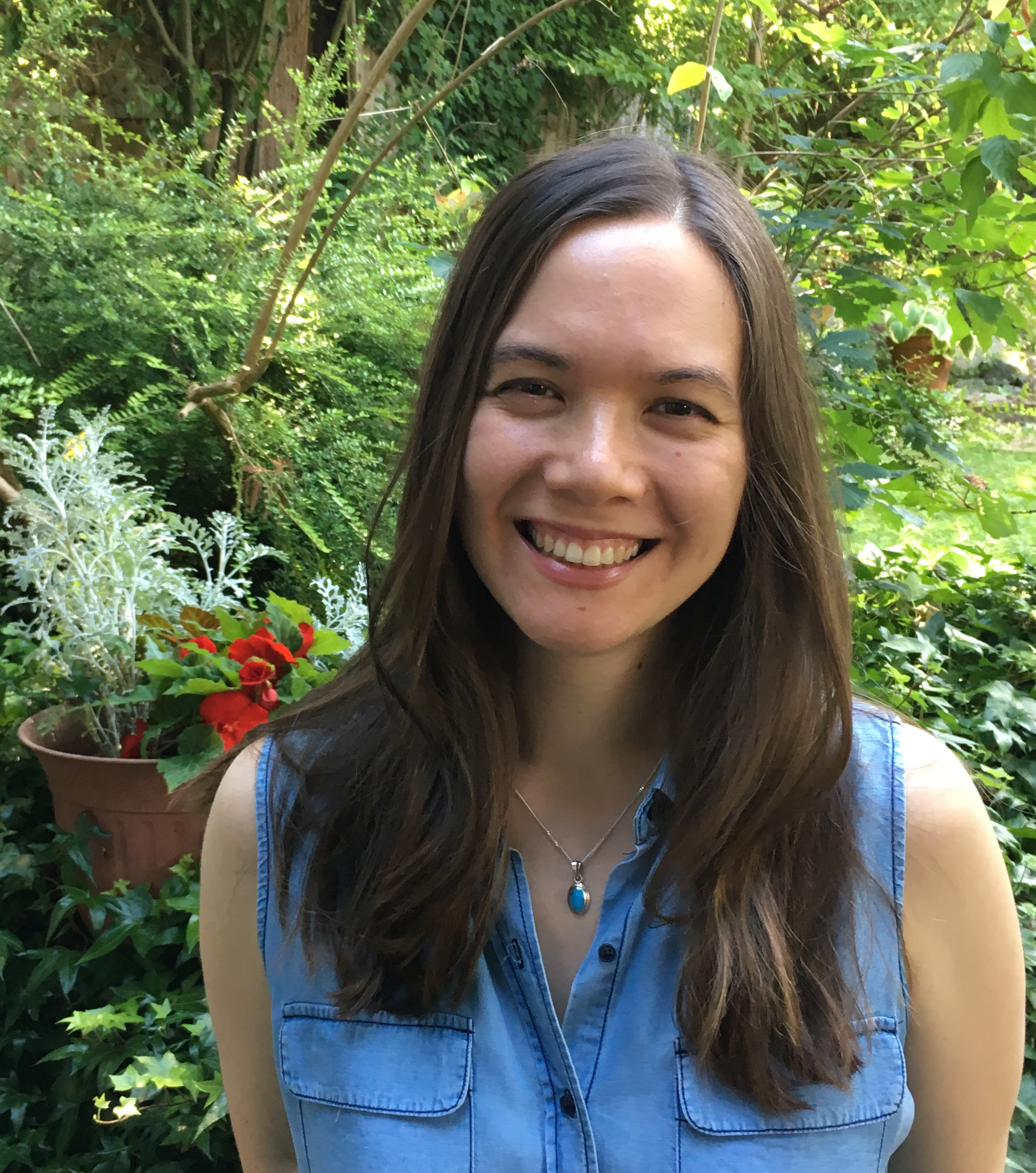Paul Sutton is a leading lobbyist and advocate who has a strong track record in bringing people together to increase access to HIV and hepatitis C treatment. He’s a graduate of the program that also brings important voices together – the interdisciplinary Critical Studies in Sexuality (CSIS) Program.
“CSIS provided me with academic grounding… It’s a no-brainer that it’s probably some of the best training that you could ask for at UBC.”
He points to the CSIS program as a key element in his career development.
“It was at CSIS that I was able to learn academically and theoretically all the hard and rigorous stuff about doing equity work”.
He did an undergraduate honours at the intersection of CSIS and English literature. He was headed on a path to do a PhD and aiming to become a professor, when he realized that he wanted to make more direct social change.


Until very recently, he worked with Canadian Treatment Action Council (CTAC), Canada’s national civil society organization focusing on access to treatment for people with HIV and Hepatitis C. He oversaw policy and research activities: market access to new treatments, HIV/HCV co-infection, and research development.
He is passionate about treatment inequity in the health system.
“The most important issue in terms of HIV is access to treatment. Of all people with HIV in BC, only 45% of them have access to treatment. It’s an unacceptable state of affairs.”
He worked with the populations most affected by HIV in Canada, especially gay & bi men, people who use drugs, and now aboriginal populations.
He loved his work with CTAC.
“The greatest thing was it was like many NGO’s (non-government organizations) – it was really transitional place for almost my entire two and a half years there… I was able to make every good idea…I was given a lot of elasticity to help shape what the organization was going to be doing in the future, from scaling up policy research activities to advocacy strategic plans.”
“It was at CSIS that I was able to learn academically and theoretically all the hard and rigorous stuff about doing equity work.”
Recently Paul seized a new opportunity working on equity issues, and is now Manager, Government Affairs, Hepatitis C at AbbVie Corporation. There, he continues his work on ensuring access to a new Hepatitis C treatment regimen that has potential to up the cure rates for Hep C.
The issues have some similar elements to his advocacy work at CTAC
“The most important issue is recognizing that cure is on the way, and how do we make sure that the cure can be delivered in a way that everybody who needs it can get it?”
Reflecting back on CSIS, he thinks that the role it plays and the work it does is important.
“CSIS really invites its students to seek connections across disciplines with critical sexuality work and that leads to some questions that wouldn’t usually get asked.”
“It provided me with academic grounding – it showed conceptual models to identify intersectional analyses. It helped me be connected to queer writers and queer activists who were engaged in political projects I wanted to be engaged with. In terms of the work I continue to do, it has had major contributing benefit to my focus on putting queer people first.”
He points to one standout professor who shifted his thinking. “Dr. Janice Stewart was a one-professor show at the time. She was so passionate and so intelligent matched with an openness to new ideas and her students in a way that I hadn’t seen at UBC yet”.
To a student considering applying for the CSIS minor he would say,
“It’s a no-brainer that it’s probably some of the best training that you could ask for at UBC. They shouldn’t just be thinking about it, they should be signed up already.”


